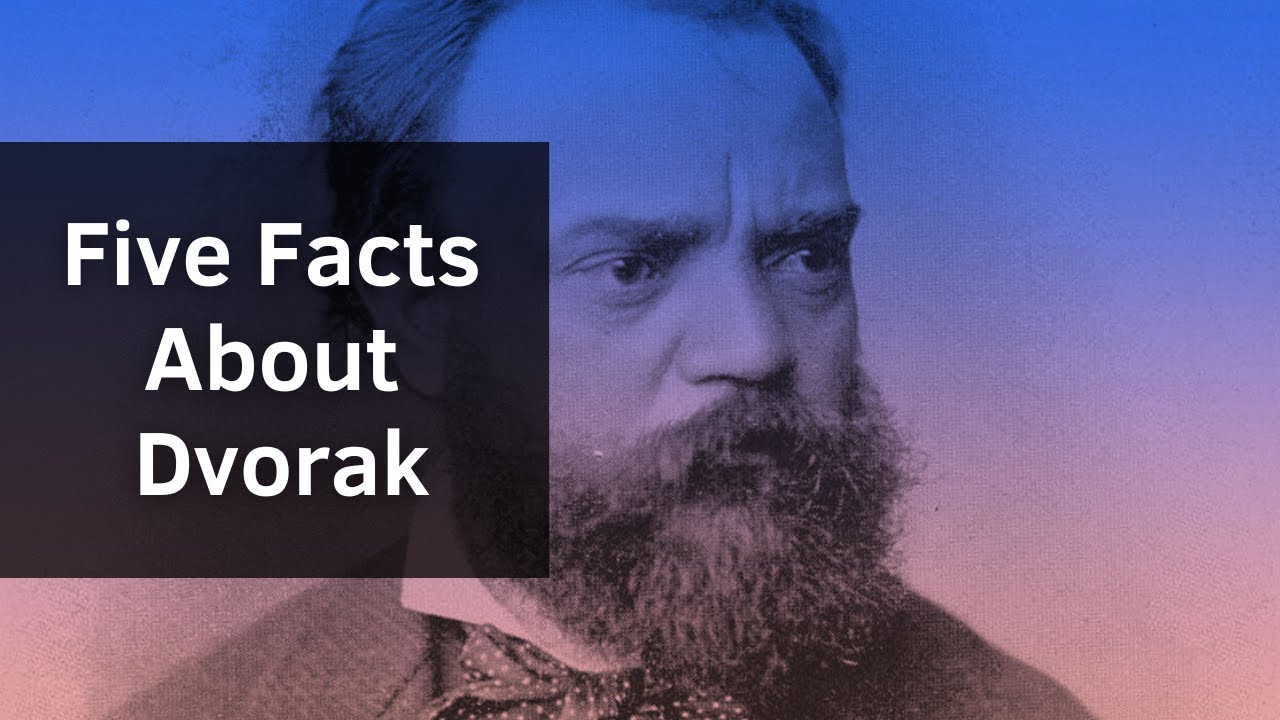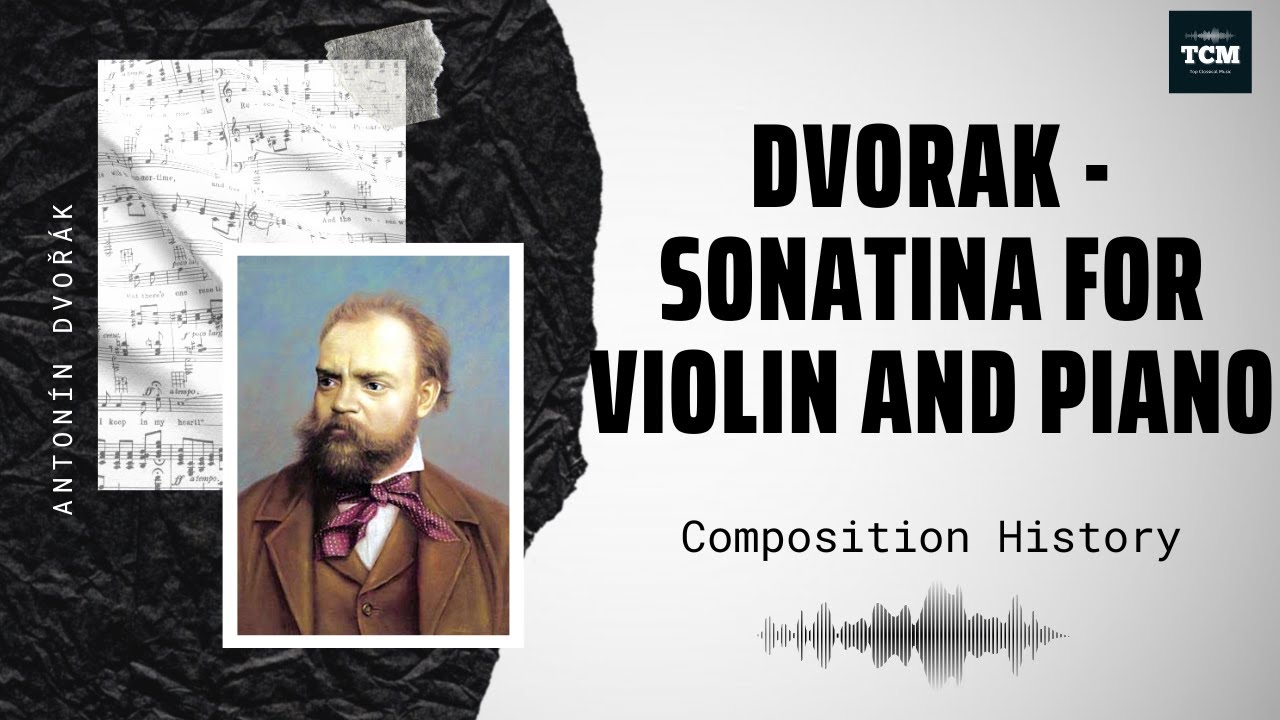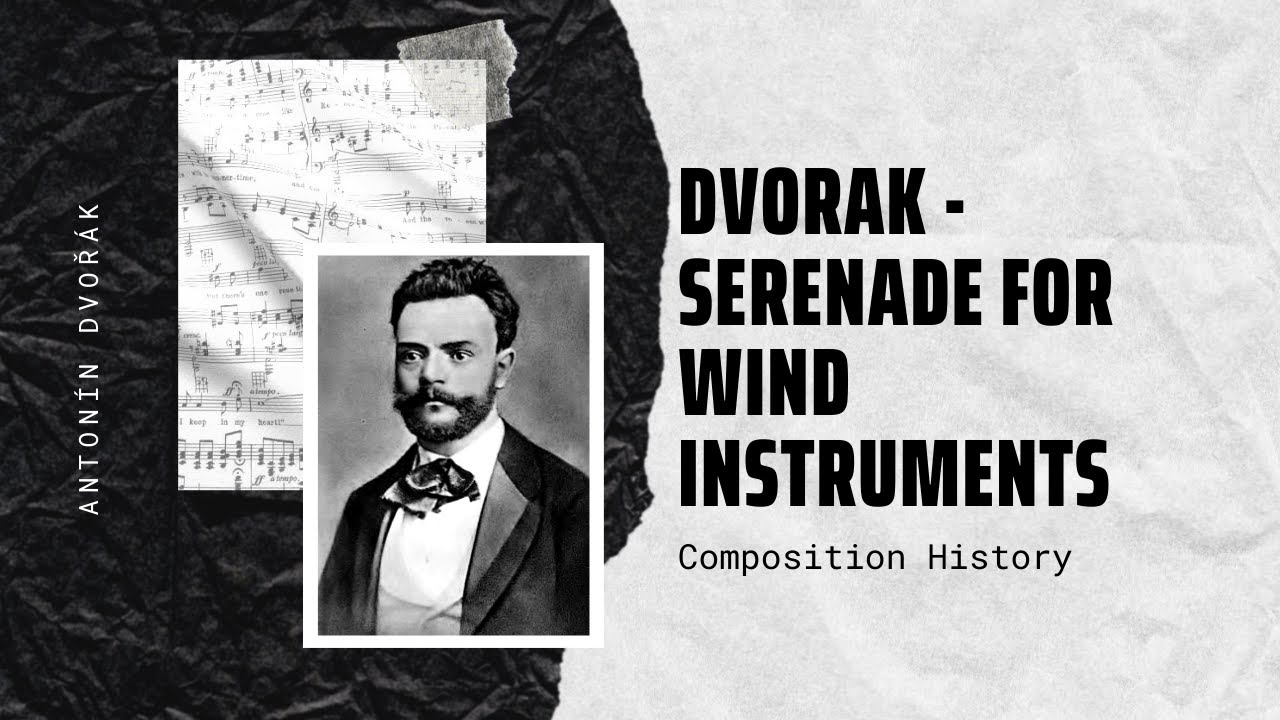
Five Facts You Didn’t Know About Dvorak
Five Facts You Didn’t Know About Dvorak Dvořák was the oldest of 14 children . His father was a zither player, an innkeeper, and also a[…]

Dvorak – Humoresque No. 7 in Gb Op. 101-7 – Music | History
Humoresques (Czech: Humoresky), Op. 101 (B. 187), is a piano cycle by the Czech composer Antonín Dvořák, written during the summer of 1894. One writer[…]

Dvorak – Sonatina for Violin and Piano Op. 100 – Music | History
The sonatina op. 100, written during Dvorák’s stay in the USA in 1893, is dedicated to his six children. On January 2, 1894, the composer[…]

Dvorak – String Quartet No. 12 in F major – Music | History
The String Quartet in F major, Op. 96, nicknamed the American Quartet, is the 12th string quartet composed by Antonín Dvořák. It was written in[…]

Dvorak Biography – Music | History
Dvorak Biography – Music Collection – Music | History Dvořák was born, the first of nine children, in Nelahozeves, a Bohemian (now Czech) village on the[…]

The Best of Dvorak – Part I – Greatest Works
Antonín Leopold Dvořák (8 September 1841 – 1 May 1904) was a Czech composer, one of the first to achieve worldwide recognition. Following the Romantic-era[…]

Dvorak – Symphony No. 8 in G major Op. 88
Antonín Leopold Dvořák (8 September 1841 – 1 May 1904) was a Czech composer, one of the first to achieve worldwide recognition. Following the Romantic-era[…]

Dvorak – Serenade for Wind Instruments, Op. 44
Antonín Leopold Dvořák (8 September 1841 – 1 May 1904) was a Czech composer, one of the first to achieve worldwide recognition. Following the Romantic-era[…]

Dvorak – Requiem Op. 89
Antonín Dvořák Antonín Dvořák’s Requiem in B♭ minor, Op. 89, B. 165, is a funeral Mass scored for soloists, choir and orchestra. It was composed in[…]

Dvorak – Violin Concerto
Antonín Dvořák – Violin Concerto in a minor Op. 53 The Violin Concerto in A minor, Op. 53 (B.108), is a concerto for violin and orchestra[…]